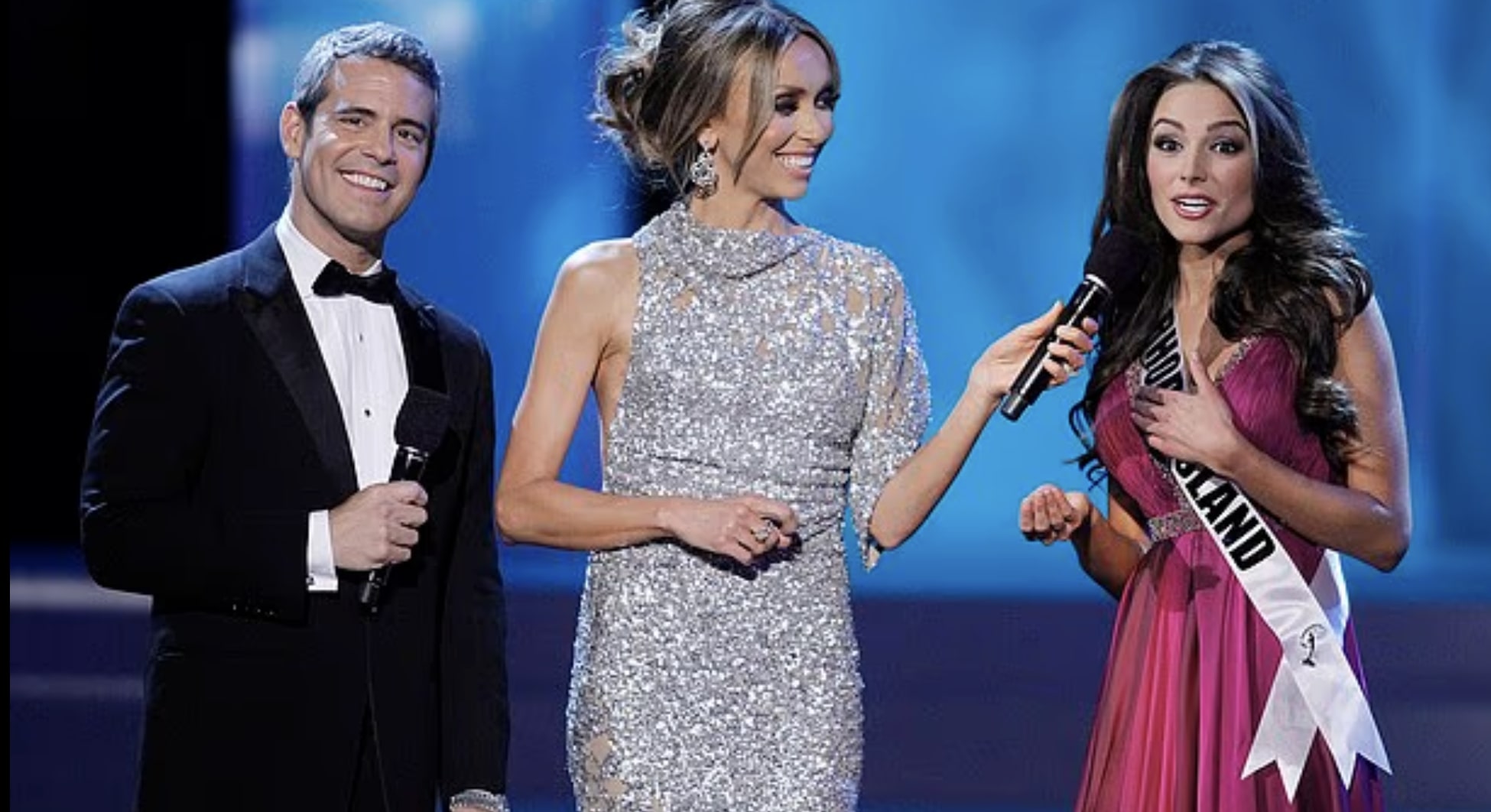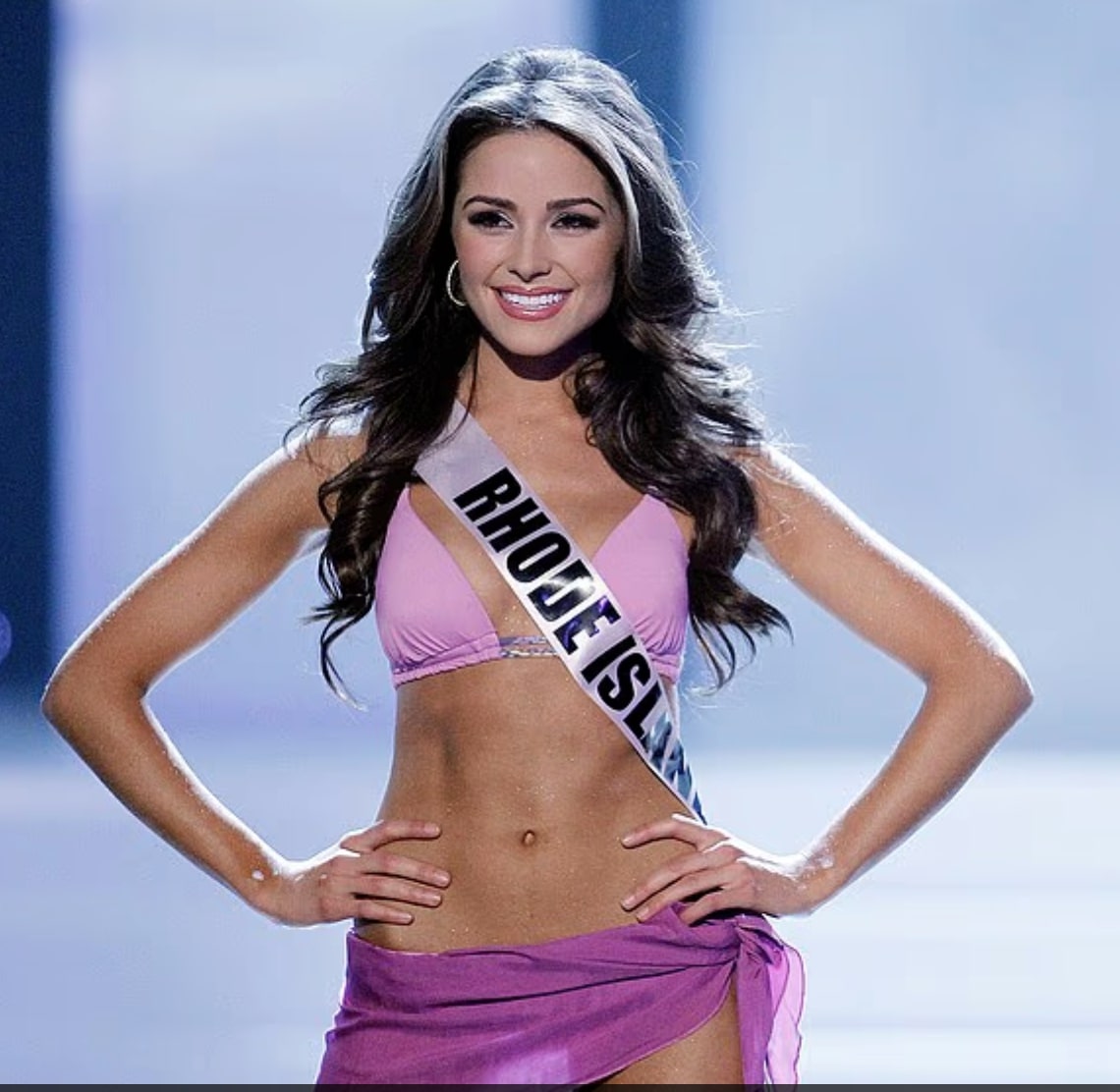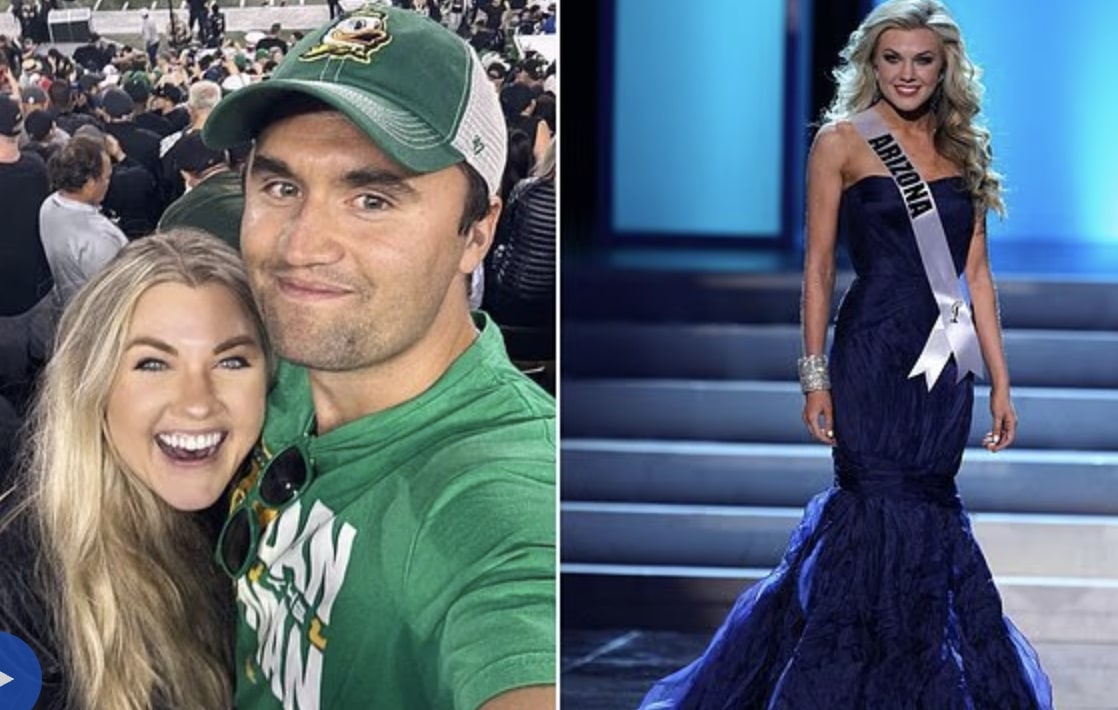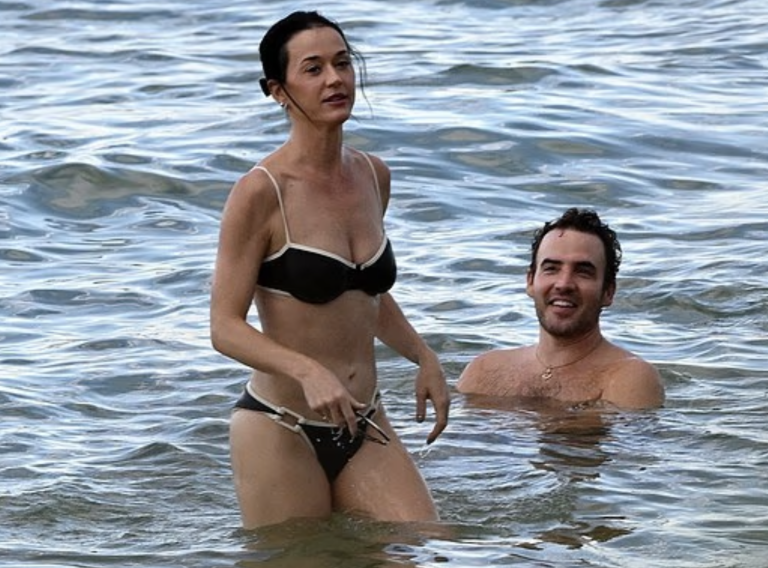Erika Kirk Criticizes Miss USA, Olivia Culpo in Transgender Eligibility Debate
Erika Kirk has entered the conversation surrounding transgender eligibility in beauty pageants after Miss USA co-host Olivia Culpo voiced support for inclusion. In a series of comments that quickly circulated online, Kirk urged public figures to be consistent between the values they promote and the choices they make off-camera, saying sincerity matters more than applause.

- Erika Kirk calls for “consistency” between public statements and private values.
- Debate centers on transgender eligibility in pageants after Olivia Culpo’s comments.
- Discussion touches faith, inclusion, and how public platforms shape culture.
Kirk’s statement followed a flurry of reactions to Culpo’s supportive stance on transgender women competing in pageants. Supporters hailed the comments as inclusive and reflective of a changing cultural landscape. Critics—among them Kirk—argued that corporate messaging and celebrity endorsements can ring hollow if personal conduct and professional decisions don’t align with the same ideals.
How the Debate Escalated
What began as a pageant-week talking point quickly evolved into a wider dispute over authenticity and influence. Kirk framed the issue as larger than any single contestant or host, suggesting that the credibility of public messaging matters as much as the message itself. Her remarks were shared widely across social platforms, where supporters praised the appeal for integrity and detractors accused her of politicizing entertainment.

Faith, Inclusion, and Public Platforms
Kirk’s response also invoked themes of faith and empathy that have surfaced in previous discussions around her public statements. She urged audiences to consider whether televised gestures are matched by private compassion and fairness. For many observers, the episode illustrates a persistent tension: how to hold space for both inclusion and sincere religious conviction in an era of instant, performative commentary.
“Values don’t just live on stage,” one supporter wrote in response to Kirk’s post. “They live in contracts, casting, and how people are treated when the cameras are off.”
Reactions Online and In Pageant Circles
Industry voices and pageant alumni split along familiar lines. Some praised the Miss USA platform for amplifying visibility and acceptance, calling it a step forward that mirrors progress elsewhere in sports and entertainment. Others echoed Kirk’s skepticism, arguing that institutions must provide transparent guidelines and demonstrate consistency in how those guidelines are applied.

What Comes Next
With another pageant cycle ahead, organizers face pressure to articulate standards that balance inclusion, fairness, and clarity. Communications experts note that audiences are increasingly attuned to “say-do” gaps—discrepancies between public positioning and private practice. Whether this moment becomes a blueprint for more transparent policies, or just another flashpoint in a long-running culture debate, will depend on concrete steps taken by the organizations and personalities involved.
Bottom Line: Erika Kirk’s critique of Miss USA and Olivia Culpo reframes a headline-grabbing pageant question into a broader test of credibility—asking public figures and institutions to align inclusive rhetoric with consistent, accountable action.


 Best Bras for Women
Best Bras for Women
 Best Face Sunscreens
Best Face Sunscreens
 Best Toys for Dogs
Best Toys for Dogs
 Best Vacuum Cleaners for Pet Hair
Best Vacuum Cleaners for Pet Hair
 Best Wireless Earbuds
Best Wireless Earbuds
 Best Indoor Slippers for Sweaty Feet
Best Indoor Slippers for Sweaty Feet
 Best Rechargeable LED Dog Collars
Best Rechargeable LED Dog Collars





